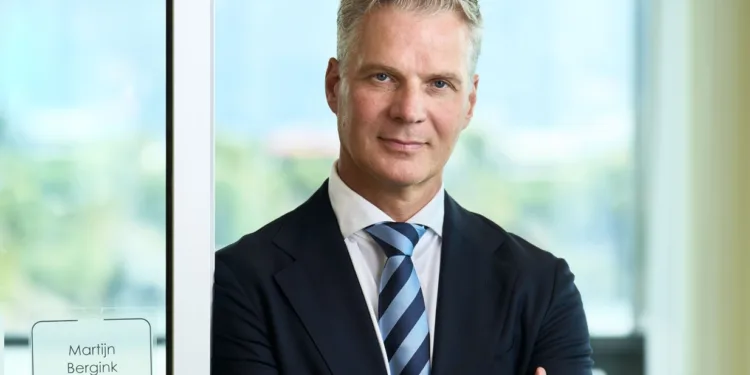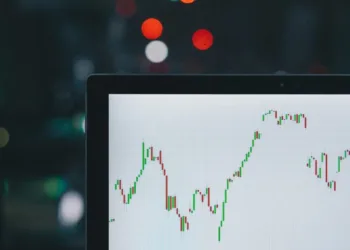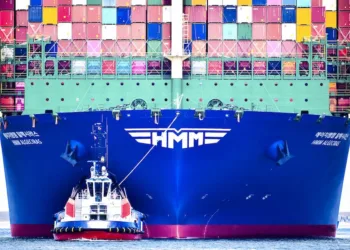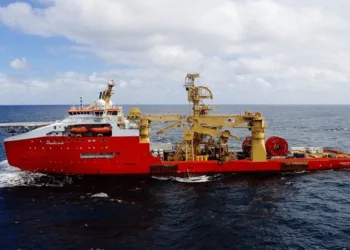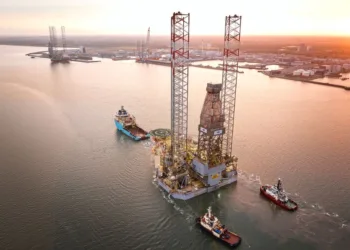For shipping’s leaders, the biggest challenge today isn’t just keeping up with technology — it’s knowing which path to take. “Making decisions about which technology or fuel to invest in has not been easy,” says Martijn Bergink, president of Alfa Laval’s marine division. “Rapidly changing regulations, evolving fuel options, and rising costs have created a complex environment where the right choice is often unclear.”
This uncertainty defines the current era. Shipowners have been under pressure to decarbonise while remaining profitable, but the roadmap is far from settled. Bergink says that for many, the challenge is “balancing short-term operational needs with long-term goals.” Still, he sees real progress: “The penny has started to drop, and in some areas it’s already rolling.”
Bergink notes that shipowners are now investing not just in compliance, but in solutions that deliver operational effectiveness — everything from air lubrication and waste heat recovery to anti-fouling and predictive digital tools. There’s also growing interest in multi-fuel readiness and fuel-flexible systems, giving operators the ability to adapt to whatever energy source prevails.
Alfa Laval itself is at the heart of this technological crossroads. Once seen primarily as a hardware company, it has evolved into a solutions partner combining equipment expertise with advanced digital capabilities. A turning point was its 2021 acquisition of StormGeo, which brought powerful analytics and AI tools into its portfolio.“AI is now an essential part of how we help customers improve performance, efficiency, and compliance,” Bergink explains. StormGeo’s Voyage Intelligence platform, for instance, uses predictive analytics, machine learning, and vessel-specific performance data to produce adaptive voyage plans that go far beyond traditional weather routing. “The real benefit comes from blending AI’s speed and accuracy with human expertise,” he says.
The industry, he adds, is beginning to appreciate digitalisation’s potential. But digitalisation isn’t only about data — it’s about people. “Technology rollouts are not just about capital investment,” Bergink stresses. “They require structured learning and feedback so systems evolve in line with real-world operations.” To that end, Alfa Laval is enhancing remote service capabilities with AR and VR technologies, enabling expert support for crews in real time.
Looking ahead, Bergink points to wind propulsion as one of the year’s major milestones. Through Oceanbird, a joint venture with Wallenius, Alfa Laval recently unveiled the Wing 560, with the first installation set for early 2026. “It’s a breakthrough for wind-assisted propulsion,” he says, “and it can be combined with other zero-emission technologies.”
Beyond wind, Alfa Laval continues to advance its fuel-flexible systems and energy efficiency technologies, from ammonia-ready boilers and fuel systems to advanced heat exchangers and tank management tools. “We’re helping customers navigate the energy transition with confidence,” Bergink says.



